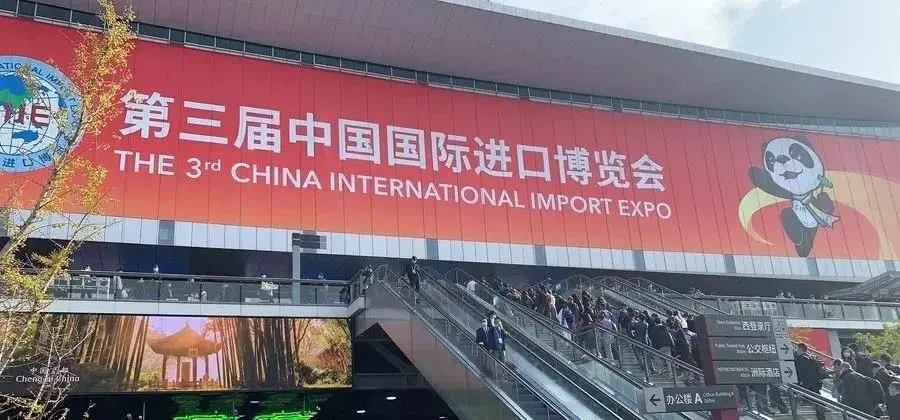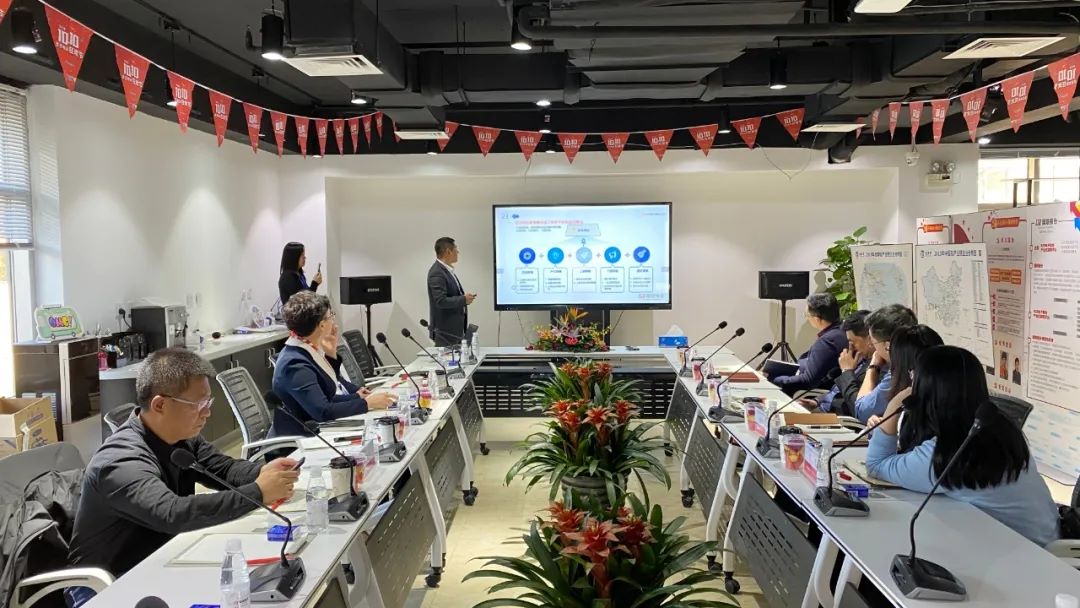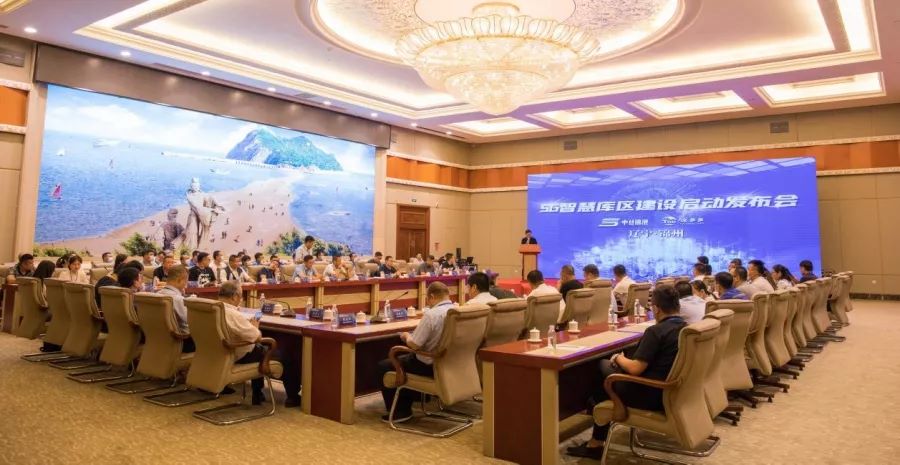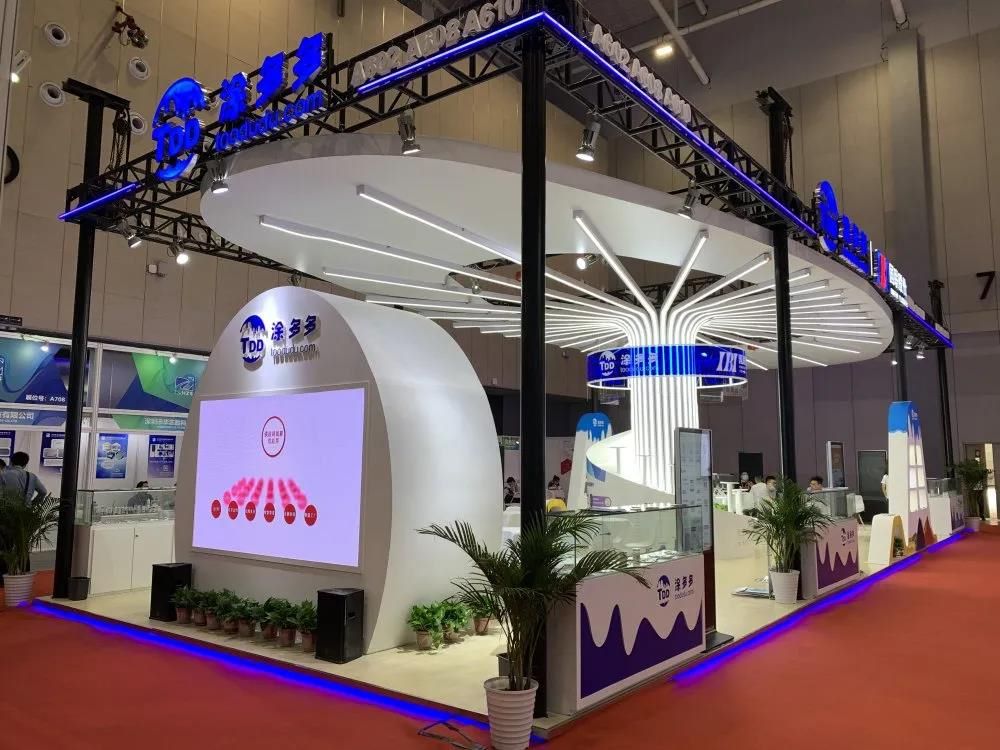Tire companies see renewed investment in Malaysia
In 2025, Malaysia's exposure in the tire industry has skyrocketed. The reason is that there are more Chinese tire factories here. On March 28, 2023, Prinx Chengshan announced important information in its annual performance announcement-the new factory project was approved to build the second overseas tire production base in Kedah Rubber City, Malaysia. Malaysia ushered in the third Chinese-funded tire factory.

01 Prinx Chengshan's 10 billion new journey, set sail again
The financial report shows that in 2024, Prinx Chengshan's revenue increased by 10% year-on-year to 10.974 billion yuan, breaking the 10 billion mark in sales. In terms of profit, with the increase in the proportion of high-value products, Prinx Chengshan's net profit margin continued to increase by 1.6 percentage points to 12%; net profit exceeded 1.31 billion yuan, a year-on-year increase of 27%. Among them, the overseas market has become an important sales and profit channel for Prinx Chengshan. In 2024, Prinx Chengshan's overseas market sales reached 19.931 million, a year-on-year increase of 14.8%, accounting for about 71% of total sales. Sales in overseas markets reached 7.5 billion yuan, a year-on-year increase of 19.1% compared to 2023.
This also explains why Prinx Chengshan wants to continue to expand overseas production capacity-it needs higher overseas market supply capacity. Like Thailand, Malaysia has the advantage of natural rubber industry clusters. In addition, building a factory in Malaysia can make full use of the transportation advantages of the Strait of Malacca. The Malaysian factory is expected to start construction in the second quarter of 2025, and is expected to be put into production in the second half of 2026 and fully release production capacity from 2027 to 2028. In fact, many Chinese tire companies are paying attention to Malaysia's production capacity like Prinx Chengshan.
02 Many tire companies are deploying in Malaysia
In 2025, Zhaoqing Junhong Industrial Co., Ltd., a tire company in Guangdong, also signed a tire project in Malaysia. It is reported that the Xindi Tire Malaysia project under Zhaoqing Junhong Industrial is located in the Malaysia-China Kuantan Industrial Park, with a total investment of 2 billion yuan, and a planned production capacity of 6 million passenger car and light truck tires, and 500,000 commercial vehicle tires.
As early as 2018, Fulin Tire had already established itself in Malaysia, where it built a production capacity of 3 million semi-steel tires and 500,000 full-steel tires. At the same time, unlike Cambodia, a hot Southeast Asian tire investment base in recent years, Malaysia has always had foreign tire companies investing and local factories. Global giants Goodyear, Continental and Toyo all have factories in Malaysia. However, in the past two years, compared with the enthusiasm of Chinese capital, foreign capital seems to be quite indifferent to Malaysia's production capacity.
03 Goodyear closes Malaysian factory
At least from the current public information, foreign capital does not seem to value Malaysia's production capacity. Goodyear stopped operating its Malaysian factory in 2024. This factory in Shah Alam, Malaysia was established in 1972. It was the world's first Goodyear factory to obtain ISO 9002 certification and the first domestic car tire partner in Malaysia. But in recent years, this place has gradually declined. In the assessment of the "Goodyear Forward" restructuring plan, the factory was listed as one of the projects to be cut to "reduce costs by $1 billion". The factory will cease operations on June 30, 2024.
Before the permanent closure, Goodyear's Malaysian factory was also reported to have negative news. In 2021, Goodyear's Malaysian factory was exposed to arrears of wages for foreign workers and forced overtime (some workers worked overtime for 229 hours per month, far exceeding the Malaysian statutory 104 hours). In 2022, Goodyear reached a settlement with the workers by paying each worker about 50,000 to 200,000 ringgit (about 81,600 to 326,500 yuan).
However, other foreign-funded factories in Malaysia have not shown a high enthusiasm for capacity expansion. Foreign-funded tire companies still attach more importance to capacity investment in Thailand and Vietnam. The investment attitude that is completely different from that of Chinese tire companies may suggest that this will not become a hotter capacity investment zone.
- Chinese tire companies are expanding production969
- Sailun’s performance is outstanding: revenue exceeds 30 billion and profits increase significantly!984
- Global tire companies' competitiveness ranking for 2025 released956
- Linglong Tire, creating a legendary production capacity empire963
- Foreign-invested Chinese factories are expanding their production capacity1017









